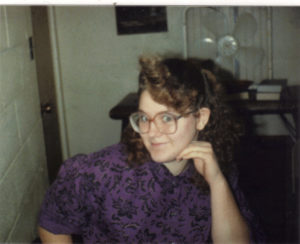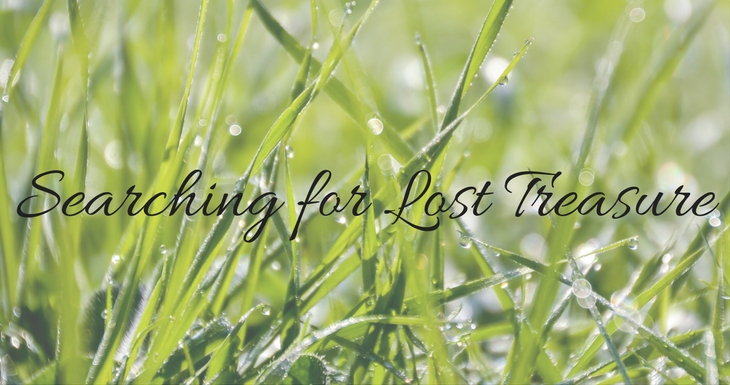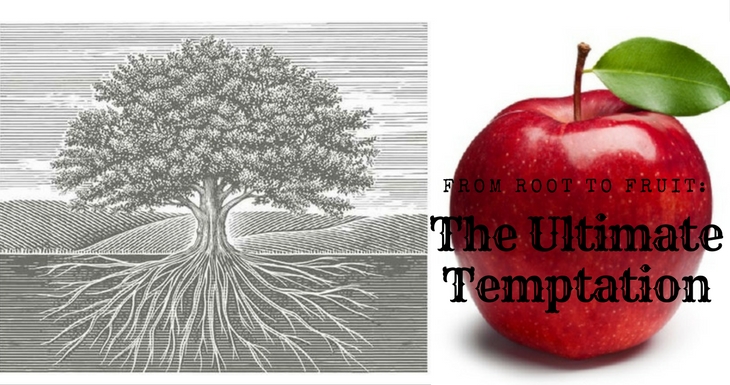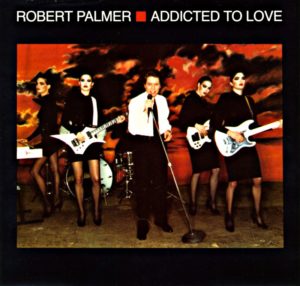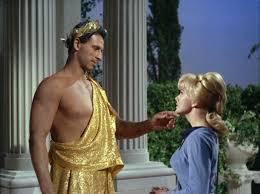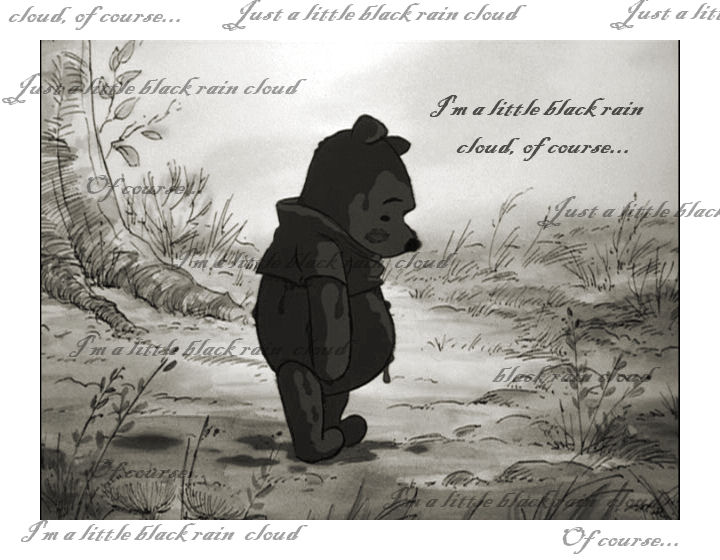
“Turn around bright eyes…but every now and then I fall apart!” – Bonnie Tyler
Did you ever have one of those days that turned into one of those weeks that turned into one of those months? Did you ever wake up one morning and say, “Enough!” only to experience the distinct feeling of Déjà vu? After about a month of these kinds of days, I’m feeling more than a little put out. All my coping mechanisms have been exhausted. I’ve eaten and exercised and prayed and screamed at my children and kicked my husband in his sleep and I don’t feel any better. So today, for the sake of my sanity, I’m opening my can of sarcasm and letting all the worms go free! And you, dear reader, are invited along for the journey.
Life is not like a box of chocolates – it’s like poo.
We pulled up to Tae Kwon Do practice last night and nobody was there. I take that back. There was a young guy in his white uniform standing there with his hand up saying, “Go home, class has been cancelled.” I was agitated because I had been looking forward to listening to The Ambassadors of Harmony practice their songs (they practice in the same facility as my son practices Tae Kwon Do and let folks listen for fun). They have been singing this song about Pirate Harmonies (part of their Christmas program line-up) and I enjoy it immensely. No practice meant no pirate harmonies. No scallywags, only, “Argh’s!” So as I was driving my teenage son home I suggested we stop by the library and get a book. Books make me feel better when I’m unhappy. But he refused to go into the library with me because he was self-conscious about his uniform. So I had to walk into the library by myself. In the cold. With no coat. Where the librarian reminded me that I have a $9.54 late fee.
Teenagers are stupid
Listen, I know what it feels like to be a teenager. I used to be one many moons ago. And I specifically remember my mother giving me a hard time about the poof on top of my head that I spent considerable time curling and hair-spraying in order to fit in with the “in” crowd. Only to have HER tell me I looked like a peacock. Now, I knew back then that she was a moron so that was okay. And there was nothing she was ever going to say to me that would convince me otherwise. As evidenced by her strict adherence to distasteful rules like putting ones laundry away the day it was washed, or picking up ones room, or not torturing ones siblings. She didn’t seem to understand that the whole reason siblings were born was to be the rump-squishing receptacle for my maniacal pinchers, which is why my sister cannot climb a flight of stairs today with someone behind her due to serious psychological childhood trauma.Parental failure is inevitable
Rather than respond kindly to my son’s insecurities and encourage him appropriately, I devolved into juvenile behavior and began goading him. My poor, disappointed 16 year old was then put on the receiving end of the most juvenile of all adult behavior—manipulation therapy. Truth be told, I was only picking on him because I was in a bad mood and decided he should be too. If you have never done this to your child, well, you are a far better parent than I am. It’s shameful and wicked and I repented profusely this morning while pleading with him to forgive me. He gave me the grunt of acknowledgement so I know that he at least heard me, but it didn’t really make me feel any better.
Self-torture isn’t nearly all it’s cracked up to be
This morning I found myself on the elliptical machine of doom, panting and sweating and really regretting that late night bowl of butter-laden popcorn, because once again, I’ve gained 5 pounds. It’s not my fault of course, but rather stress, lack of sleep, and afternoon unhealthy snack breaks. All of these gremlins have conspired to fatten me, much the stern consternation of my pants. And since the pants hold the power of the universe in their sharp, zippered teeth, and have a way of making one’s life an absolute living hell, I resolved to appease them with 70 minutes of leg swishing, feet numbing, butt-busting activity that will ensure I won’t be able to walk at all tomorrow.
My children will be in therapy forever
After my workout and a litany of prayers, I resolved to be a better person and have a good day. And yet, not 30 minutes after begging my teenager to forgive me, I nearly ruptured my vocal chords hollering at my youngest child because he wouldn’t stop messing with the dog when I needed him to take his blood sugar. And then, because I was frustrated, I ran outside, slipped on ice that had formed overnight in the carport from the tipped-over bucket containing the real-live-Christmas tree my husband insisted on buying even though I told him it’s a terrible waste of money. I mean, we could get a used tree at any thrift shop for half the price and not have pine needles poisoning our nostrils, but I digress.
Now maybe at this point in the story you might be wondering why I didn’t just give up and go back to bed. I mean, obviously I am failing in every single area of my life and therefore the best decision of the day would be to crawl back into bed, pull the covers over my head, and protect the unsuspecting masses from the little black rain cloud over my head. The problem is, Friday is the busiest day of the work week and I have serious, grown-up stuff to do so I can make enough money to pay the mortgage. I can’t go around flopping in bed and pretending to be sick no matter how screwy my brain nor how sincere my psychosis. Nope! Time to pull up the big-girl britches and push through, Baby!
“Don’t be the straw that breaks the camel’s back, be the straw that feeds the camel.” – Randall Goodgame
So when I arrived at work and saw the blue screen of death on my boss’s computer, my eye twitched just a little bit. And when he asked me to try and reboot it, but it only blinked and crashed again, that was it. Game over. And it was only 8:00am.
So I decided that rather than take my aggression out on my co-workers, I would get coffee. I really know better than to drink coffee, after all, it provokes my anxiety. Still, I was really feeling crabby and I knew coffee would help. Of course I was interrupted 6 times and by the time I got to drink it, it was luke warm and mealy. But hey, it was still caffeine, and so, down the hatch!
And that is when I discovered that crabby + coffee = feisty!
Why are you looking at me like that?
Sometimes life is disappointing. It’s completing repetitive tasks that make us crazy, being nice to meanies, and working long, arduous hours that make us question why we ever wanted to grow up in the first place. We find ourselves dragging our buns across the finish line at 5:00 or even 6:00pm, only to run errands, make dinner and muster just enough strength to climb into bed and fall asleep just so we can wake up the next day and do it all over again. We say things we don’t mean, scream at the people we love and eat too many cookies, only to anger our pants, and end up torturing ourselves on glorified hamster wheels. Or is it only me?
I ran into a friend of mine at work this afternoon and she shared her own story of the little black rain cloud that could, only hers involved viruses and vomit. And I have to say, it’s awfully nice to know I’m really not the only one.
Sometimes our only recourse against the days, weeks and months of drudgery is comedy. Laughter is surely a simple solace for the suffering soul.
